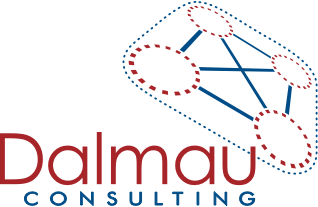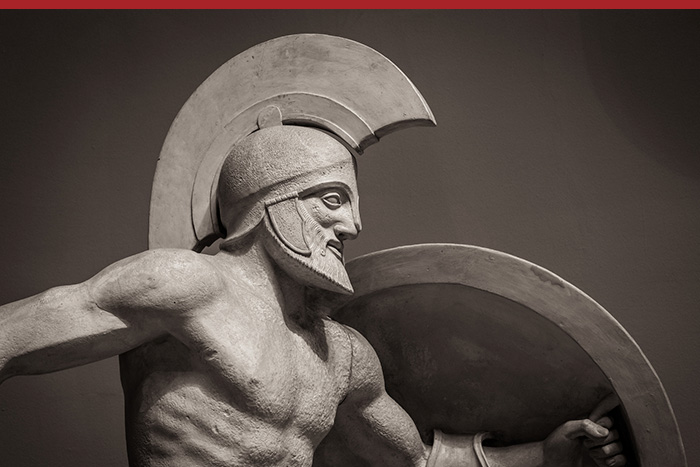Some time back I introduced archetypal patterns of organizational culture and behavior through the pantheon of the classical Greek gods.
You can find these earlier articles in our Resources. There are still more from the pantheon worthy of introduction and in recent times I have been reminded by one client organization of the Ares organizational type.
Organizational archetypes
By way of reminder and context, in my book with Bernie Neville, Olympus Inc we sought to present some windows through which we can view organizational dynamics, and from these find doorways to enter the life of organizations in order to influence them.
One of the windows we chose was unconscious processes and how they influence human behavior. Understanding the power of the unconscious owes much to the research and thinking of Freud and Jung. We pointed to the ways in which our thoughts and actions are shaped by energies that are totally outside our awareness.
Organizational behavior, like individual behavior, is archetypally patterned. In Jungian psychology, archetypal patterns are understood as manifestations of collective unconscious processes. In our experience we are struck by evidence of recurring patterns of thinking, feeling and behaving that are evident in the behavior of organizations, but often outside the awareness of those inside the organization.
High energy and challenge – hallmarks of the Ares organization
We would be wrong to over-simplify the god Ares with the pathology of warfare. The positive side of Ares must not be overlooked. Ares is the god of energy, of vehemence, of conflict, of activism, of challenge, of fire in the belly and fire in the eyes. He may be emotionally immature and inclined to act without thinking. When he gets too carried away he can be enormously destructive. Yet we cannot live a human life without him. We must honor him as we do the other gods. Without him we have no passion.
Some organizations are completely dominated by Ares. They operate within a macho ideology in which conflict is relished for its own sake, any sign of subtlety or sensitivity is viewed with suspicion or contempt and relationships are entirely competitive. People enjoy kicking each other around the office. The ‘manly’ virtues of toughness and courage are extolled; any sort of softness is despised. The organization’s heroes are those who crash through obstacles rather than negotiate their way around them.
Many people cannot tolerate the Ares culture, but the Ares energy has much to recommend it.
The Ares organization is full of challenge and excitement. Conflict is not suppressed or avoided but is welcomed and even enjoyed. Arguments are valued. Management and staff revel in each other’s energy. The organization acknowledges people’s need to resist, to assert their right not to be pushed around, and if they want something they know that they can fight for it. They know also that they don’t have to concern themselves about offending sensitive personalities, because people who can’t take the heat don’t stay around. Intellectual subtleties may be neglected, and the delight in fighting for fighting’s sake may lead to some unfortunate decisions, but there is real engagement in what is going on. Ares is often mistaken, but never boring. He does not care too much what is done, as long as it is done energetically.
Ares has little interest in the future and little ability to plan for it. Like Aphrodite, he is focused on immediate experience. He may get so engaged in the fight that he forgets what the fight is about. The Ares organization may experience a lot of excitement and expend a lot of energy yet produce very little. At his best Ares is a mover and energizer who makes things happen. At his worst he is a bully and blusterer for whom the obvious solution to any problem is the random application of violence. The Ares organization may manifest the best and worst of him together.
The Ares organization often has the atmosphere of the men’s locker room, and Ares often dominates the culture of sports clubs. Military organizations will have an Ares culture, as will any organization dedicated to activism – political, environmental or social. Sales and marketing are areas where Ares energy may be prominent, for this god reveals himself in the ethos of competition. Women are not necessarily excluded from Ares organizations and many women enjoy working in an Ares culture. Like the Demeter culture Ares culture is affective. There is no shame in expressing emotions, but the emotions expressed are very different from those of Demeter or Eros. It is also diffuse; there is not much concern to distinguish task from task, role from role, work from play, thinking from feeling or public space from private space. All seem to be blended in passionate action. The Ares energy in an organization is oriented towards immediate experience. If the organization does have a long-term orientation, it gets it from one of the other gods, probably Zeus or Prometheus.
Ares in the crisis of growth
It has been said that a crisis is thought of as a situation that has within it both great danger and great potential.
A number of client organizations come to mind as exemplifying the Ares archetype and living through periods of both great potential and great risk. They have some common characteristics …. each company started off as a private venture among a group of individuals. In every case, one of these had many of the characteristics of the god Hermes – the entrepreneurial spirit, the deal making spirit, and immense flexibility. This person’s vision and flexibility combined with the group’s Ares energy meant the venture was very successful. Each crisis was met with positive, aggressive energy, cunning and ingenuity. Each company flourished and in due course was listed on the relevant stock exchange.
The Hermes vision of growth, wealth and success combined with the energy, challenge, strong aggressive thrust into new markets, processes and products would surely be theirs.
But alas this aspiration is not as easy to achieve as simply listing the company. There are many complex and dangerous waters to navigate before the company reaches smooth sailing.
Along with such listings come obligations, processes, regulations and structures such as boards, governance and compliance – things quite alien to the spirit of Ares.
Let us be clear, the success of these startup ventures was due largely to Ares’ energy and Hermes’ ingenuity. Upon listing, other gods need a seat at the table, e.g. Apollo for order and organization, Prometheus for systems and processes, Zeus to bring direction and strength, Eros to connect people together in collaborative effort, Demeter to protect employees and make the environment safe. Healthy, viable and complex companies need the positive energies of many gods at the table to grow and prosper.
This is often a difficult transition for the Ares dominated organization to work through. No longer can we be a band of brothers waging the good fight, scaling the heights, snatching life from the jaws of death, and slaying demons at every turn. The deep and strong culture, the vibrant energy of delivery, achievement and action, the almost unconscious embrace of the next crisis … these characteristics were so vital to the success of the four companies I have in mind, but also represent severe limitations to their growth and future success unless complemented by the energies, perspectives and contributions of other gods. How each company navigates these tensions will determine whether they really do achieve success and growth.
Tim Dalmau







